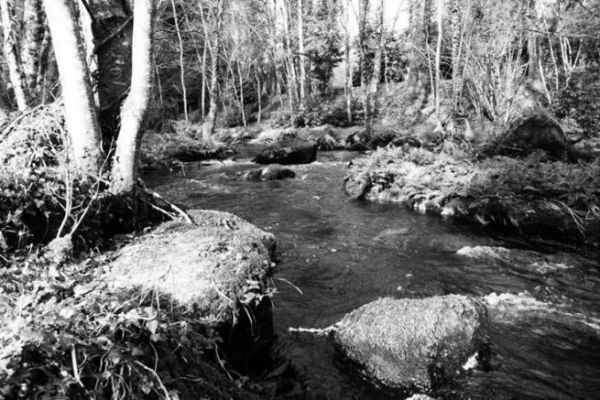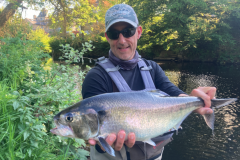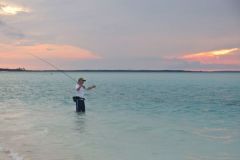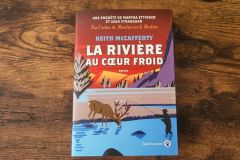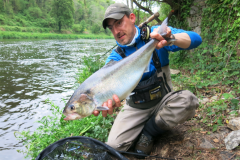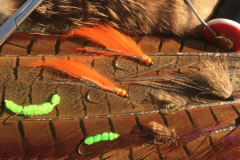The sense of water is undoubtedly an angler's ability to correlate all fishing parameters in a given place and at a given time, sometimes unconsciously. In a way, we can think of it as the ability to find the pattern and set it up more quickly and easily, to "feel the fishing".
While it is possible to foresee, analyze and understand a number of factors influencing fishing, fishing is not a science, and it is impossible to parameterize and conscientize everything. So some people, those with a highly developed sense of the water, make choices that are instinctive. It's difficult to rationalize them, as they involve too many factors, but they are nevertheless right, as they result from knowledge of the environment and the fish, experience and technical mastery.

Innate or acquired
In any activity where there are experts, such as sport, there are always predispositions, and every champion has something extra... But without hard work, it's impossible to achieve high levels of performance.
So in fishing, there must indeed be an additional sense developed more in some people and which predisposes them to better understand their environment, to better read the water and to better feel the evolution of their lure, but, and because there's no question of being a champion, but simply of progressing, it's obviously possible to develop it.
Choosing the right current vein to cast in and presenting your lure in the right way is something that is difficult to explain, but it is possible to acquire
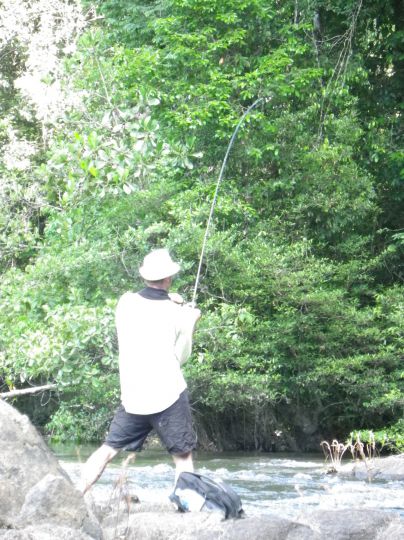
Increase your knowledge
The first way to progress is to increase your knowledge of the environments you fish, the species you target and the equipment you use. Developing your knowledge simply means learning by reading, watching videos or exchanging with partners. But beyond the knowledge you've acquired, you need to try and understand it and make links with what you've observed on the water or with what you've already experienced.
Developing this knowledge will enable you to understand more quickly where and when to find fish and to presume their state of activity.

The experience
Experience is the sum total of the knowledge and skills you have built up in the sense of establishing them in real-life situations. They are more important than previously accumulated knowledge, because they make sense to you. They have been acquired in a specific context, and the links between the various parameters have been established, not necessarily consciously, but the situation is recorded somewhere within you and identifiable. If it arises again one day, you will recognize it and associate it with a solution.
While experience develops naturally over time, taking a step back and analyzing your outings cold helps you build it up more quickly.

Technical expertise
The last dimension is the ability to present your lure in the right way, to feel and imagine its evolution, to vary your animations, to feel the bottom, to control the tension of your banner, etc. We are obviously in the realm of feelings, of data that are difficult to parameterize and explain. We are obviously in the realm of feelings, of data that are difficult to parameterize and explain, but nevertheless these are gestural techniques, as they exist in all activities. A tennis player will speak of "touch" to evoke the same sensations, but behind it lie hours of work and training. It's the same for fishing: you have to concentrate on your technique, correct yourself, force yourself to fish differently in order to discover, adapt and multiply the repertoire of your motor responses. In this way, gestures become automatic and natural, and you can then focus your attention on other things, just like when you're learning to drive.
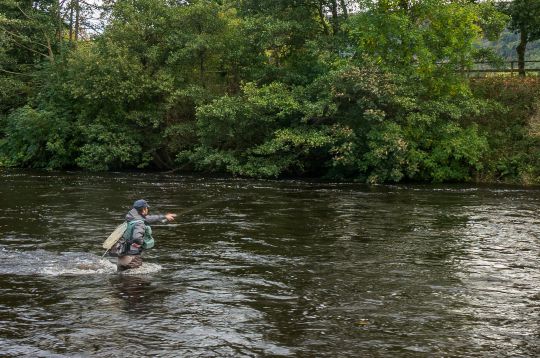
So, yes, you can develop your sense of water, but you need to be committed to a process and a desire to progress. Not relentless overtraining, but taking an interest in your practice, trying to understand your outings, successes and mistakes, so as to instinctively make the right strategic and motor choices.
Water sense means doing intuitively everything you used to do consciously. It's making direct connections between your past experiences and the present context, and exploiting them.
